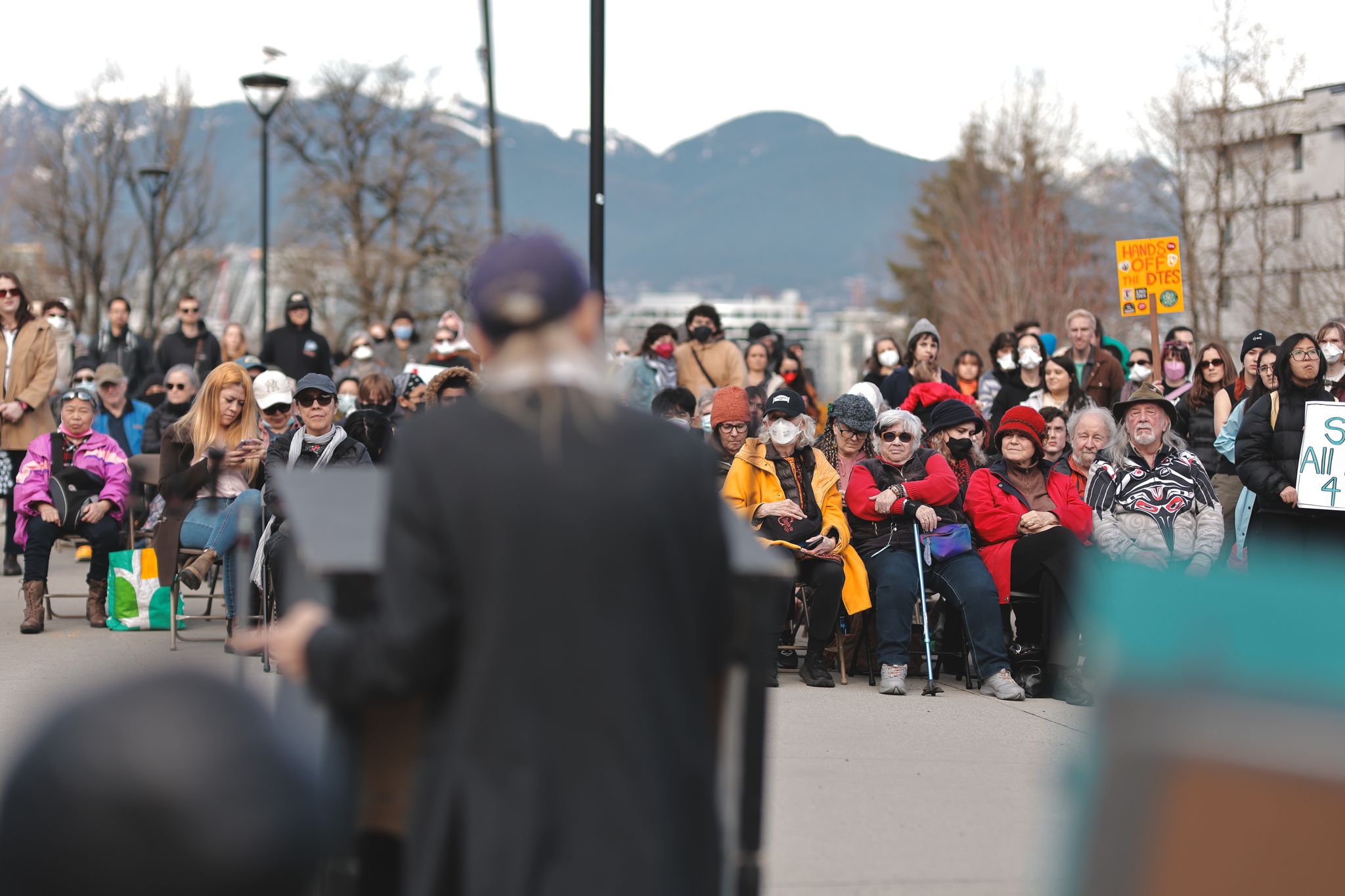Analysis
Longtime Downtown Eastside advocate Jean Swanson has written a letter to City Council and City staff strongly urging them to "hold off on giving...
Hi, what are you looking for?


Vancouver Mayor Ken Sim has announced a plan to freeze supportive housing development in the Downtown Eastside (DTES). The plan is part of a...
Longtime Downtown Eastside advocate Jean Swanson has written a letter to City Council and City staff strongly urging them to "hold off on giving...